The Social Skills Series
Educate the Whole Child
CASEL’s SEL framework fosters knowledge, skills, and attitudes across five areas of competence. Learn how to establish equitable learning environments that advance students’ learning and development.
Get a PDFStep 1: Learn the "hows and whys" of teaching SEL in every classroom.
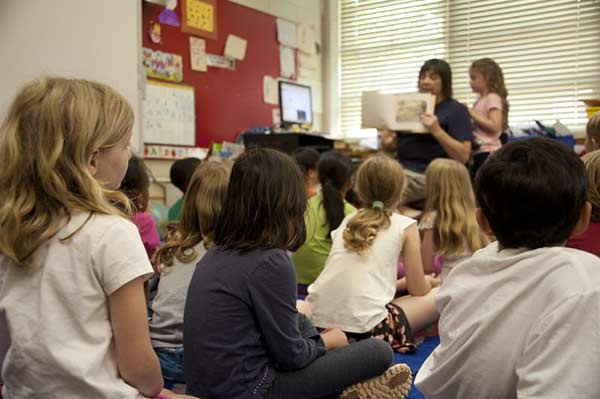
Course Length: 2 hours
Social Emotional Learning in the Elementary Classroom
When students know how to appropriately manage their emotions, it frees up their minds for learning. In order for our students to handle daily stresses, work well with others, and be empowered, they need to be taught important life skills like social awareness, emotional regulation, and self awareness. Explore the basics of SEL and watch classroom examples of elementary teachers in action.
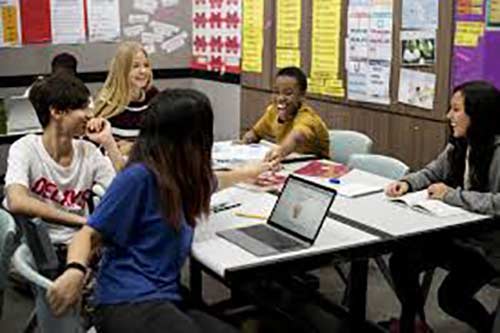
Course Length: 2 hours
Social Emotional Learning in Middle School
Extensive research shows a positive correlation between the skills taught throughout social-emotional learning programs and positive behavior, academic achievement, and healthier life choices. In middle schools, teachers can embed SEL skills across the curriculum and create intentional activities to build community. Explore fundamental SEL competencies and watch middle school teachers in action.
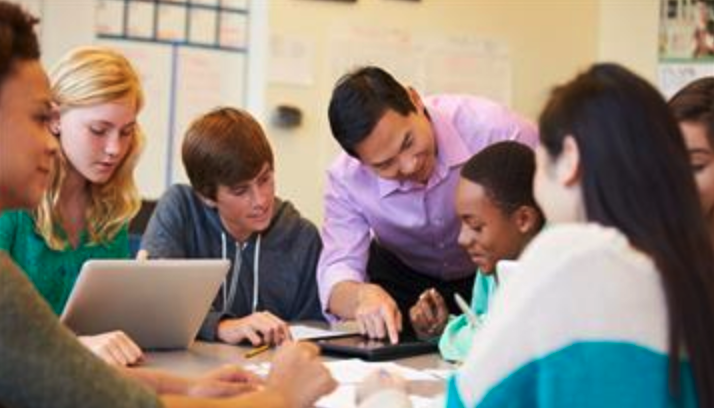
Course Length: 2 hours
Social Emotional Learning in High School
There's no way to prevent or stop stress in everyday life, but teaching students how to deal with it can make a huge impact in the trajectory of their lives. In order for our students to handle daily stresses, work well with others, and be good upstanding citizens, they need to be taught important life skills like social awareness, emotional regulation, and self-awareness. In this course, watch how secondary teachers embed SEL themes across the curriculum.
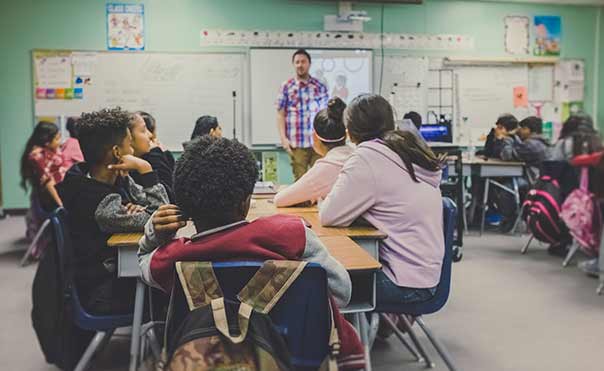
Course Length: 1.5 hours
Social Emotional Learning All Day Long
Social emotional learning may seem like just one more thing that is piled on to your over-filled plate. But did you know, teaching SEL skills doesn't need to be relegated to separate lessons or a stand-alone curriculum? While these curricula can be very helpful, there are simple and effective ways to intertwine SEL skills into your lessons all day long, regardless of grade level or content area. In this course, you will learn how to infuse SEL instruction into your daily lessons and look inside classrooms to observe real teachers putting these strategies into practice.
Step 2: Learn about each CASEL competency, one course at a time.

Course Length: 2 hours
SEL 1: Self Awareness
How often have you heard people tell you to "be true to yourself" or "be authentic?" The problem with these phrases is that they assume we know who we are. It is incredibly challenging to be self aware as we can easily get caught up in defensive emotions and biases. According to the Collaborative for Academic, Social, and Emotional Learning (CASEL), self-awareness is the ability to accurately recognize one's own emotions, thoughts, and values, and how they influence behavior. In this course, you will learn classroom strategies to help students build self-awareness so they can identify their emotions, see themselves honestly, recognize their strengths and weaknesses and work toward self acceptance and personal growth.
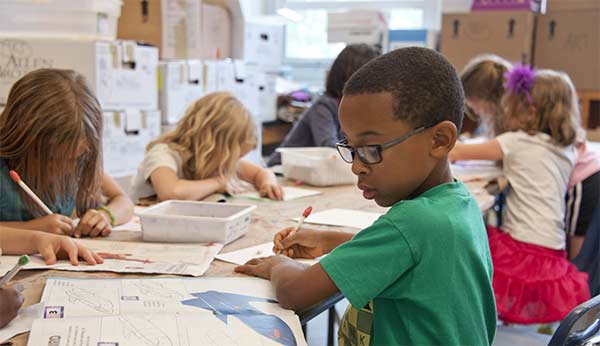
Course Length: 2 hours
SEL 2: Self Management and Executive Functioning
Classroom management is certainly an important part of a teacher's role but when students are invited into the process of managing learning in the classroom, it is so much easier and better for everyone...students are empowered to self-manage. According to the Collaborative for Academic, Social, and Emotional Learning (CASEL), self management is defined as your ability to manage your emotions, thoughts, and behaviors effectively in different situations and to achieve your goals and aspirations. By teaching students self-management skills, you can guide them to follow through on completion assignments, studying for tests, and staying focused in class, without as much need for teacher assistance. Self-management also supports students' abilities to manage stress and impulsivity while motivating them to meet a specific goal. Sounds like a win-win situation! In this course, you will learn more about the benefits of teaching self-management skills. You will also take a look inside real classrooms and learn strategies from teachers who are teaching their students effective self-management strategies.

Course Length: 2 hours
SEL 3: Social Awareness
If we want our students to be successful in a variety of school, work, and life-in-general type situations, it's important that we develop their ability to read the room. Social awareness is the ability to take the perspective of and empathize with others, including those from diverse backgrounds and cultures. When we teach social awareness skills in school, students learn to recognize emotions in themselves and others. They learn how to appreciate someone else's perspective. These skills will help students to interact effectively with others and value the many people they will encounter in school, and throughout life. This course will teach you about the importance and benefits of teaching social awareness skills. You will also take a look inside real classrooms and learn strategies from teachers engaging their students in lessons and activities that support a healthy social awareness.
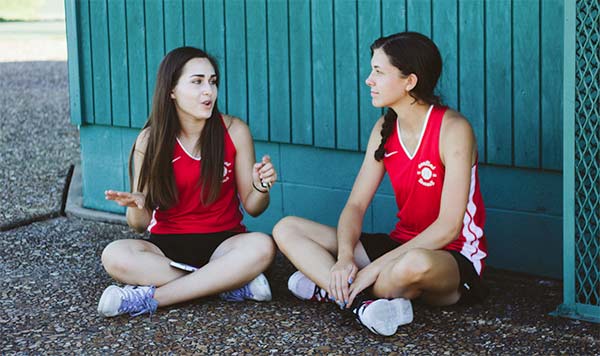
Course Length: 2 hours
SEL 4: Relationship Skills
Strong, positive relationships are the heart of any good life experience - and school is no different. Teaching students how to establish healthy relationships, how to communicate clearly, and how to listen and work well with others will set students up for success in and out of school. In this course, you will learn the importance of teaching students how to build strong, positive and healthy relationships. You will also take a look inside classrooms and learn strategies from teachers as they engage their students in lessons on relationship building skills.

Course Length: 2 hours
SEL 5: Responsible Decision Making
Responsible decision-making means making responsible choices that benefit you and your community. When students are taught responsible decision-making skills, and given opportunities to practice when they are young, these skills will carry over into adulthood. Teaching these skills lays the foundation to affect their jobs, their relationships, and their lives as a whole. In this course, you will learn the benefits and strategies for teaching responsible decision making skills. You will also take a look inside real classrooms where teachers are engaging their students in activities that promote responsible decision-making skills.